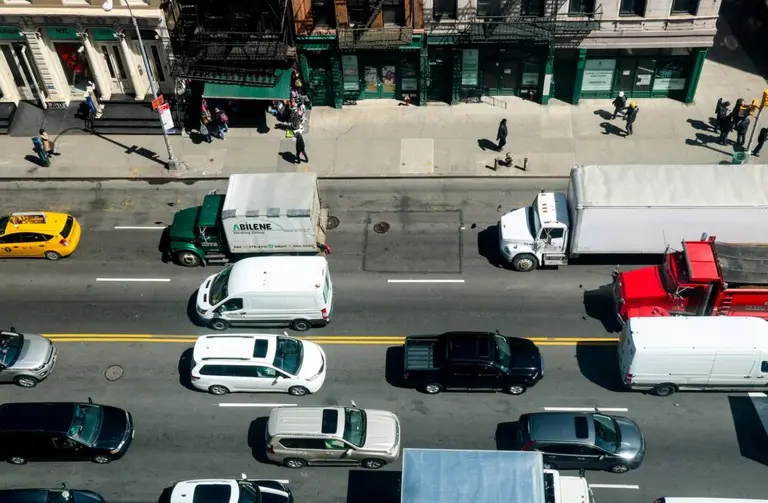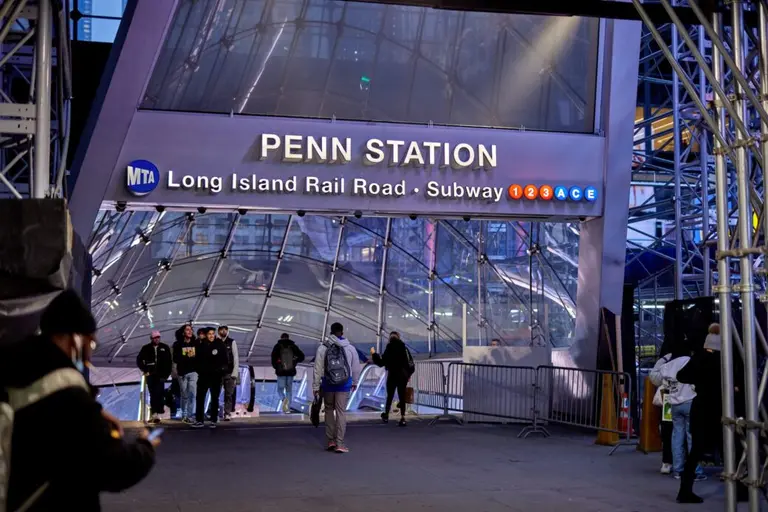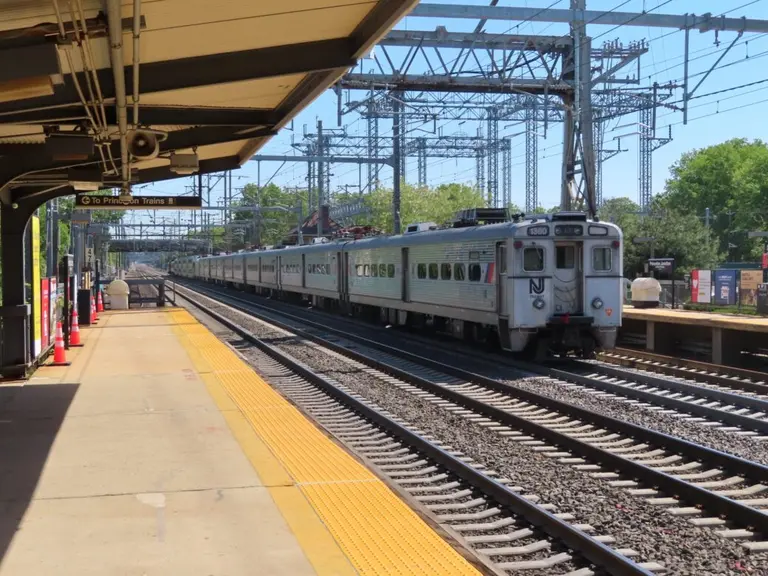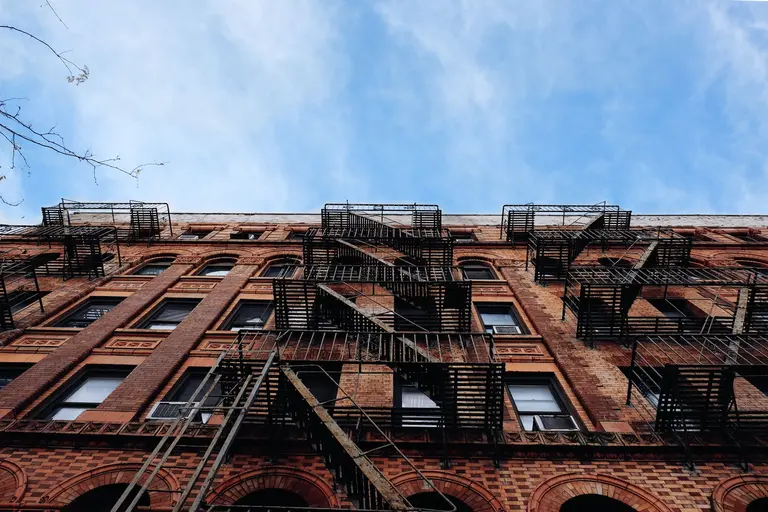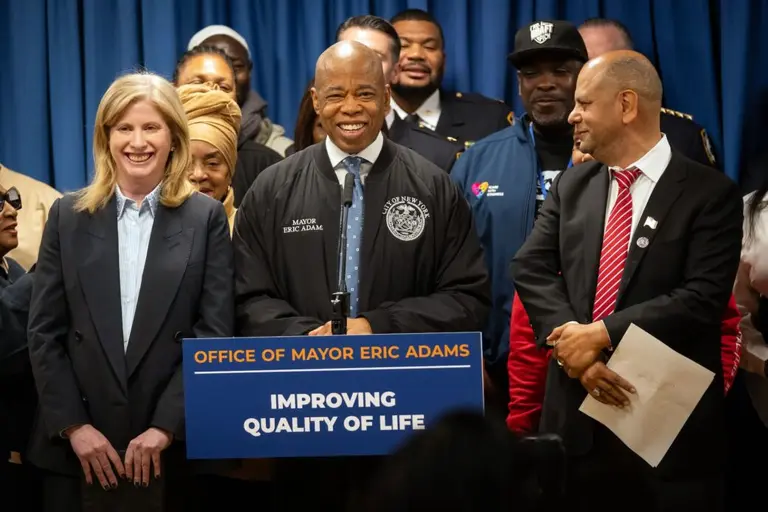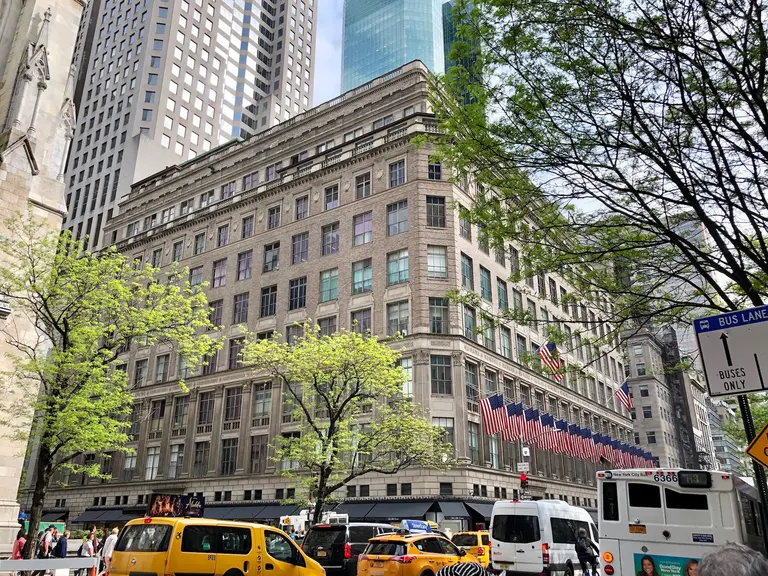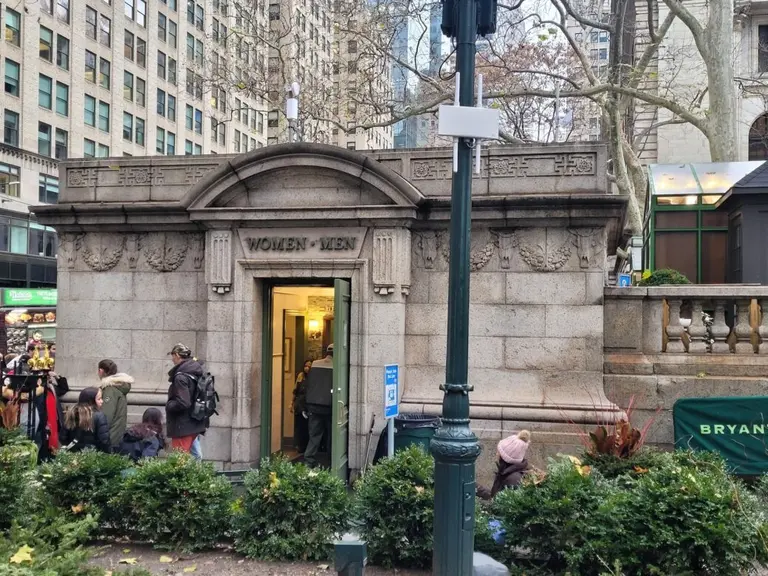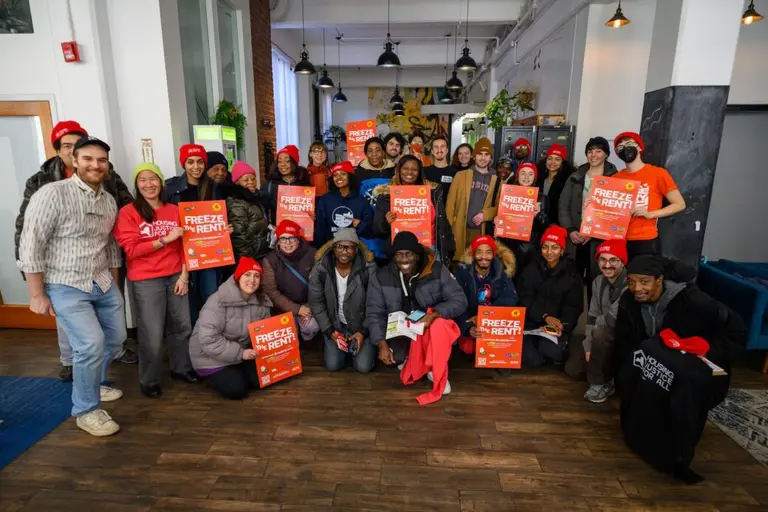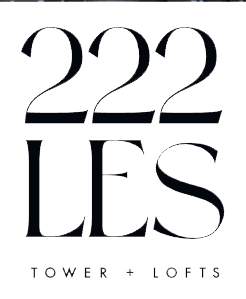New York extends eviction moratorium until early 2022
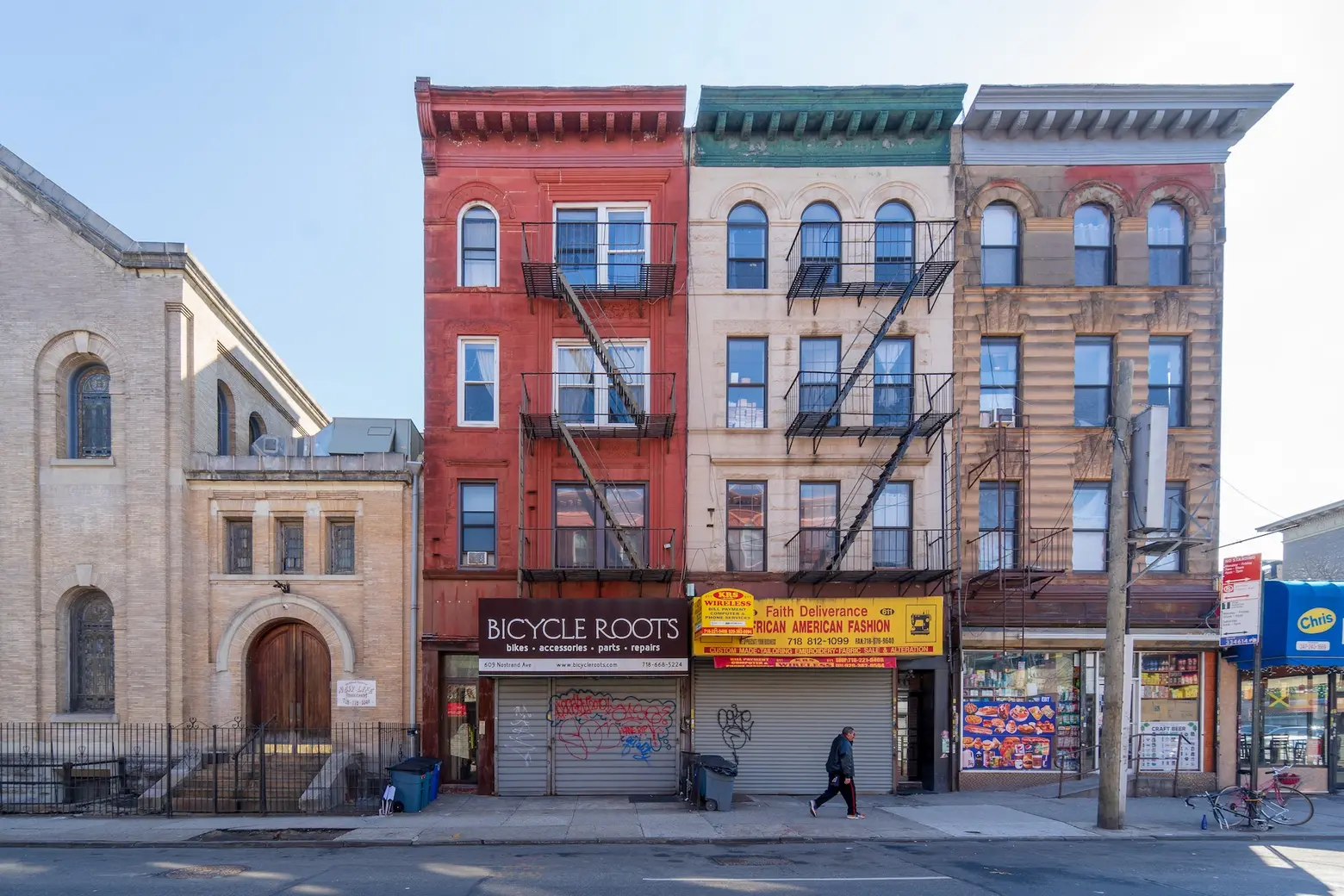
Photo by Avi Werde on Unsplash
The New York State Legislature on Wednesday extended a temporary freeze on evictions until early next year during a rare special session. Expected to protect hundreds of thousands of tenants who have faced financial hardships as a result of the pandemic, the move comes one day after the state’s eviction moratorium expired and a week after the United States Supreme Court overturned the federal moratorium. Lawmakers also modified the moratorium so it complies with the court’s decision, which found it inconsistent with due process laws. Most evictions in New York will now be on hold until January 15, 2022.
Two weeks ago, the Supreme Court struck down the part of New York’s eviction moratorium that protects tenants who have filed a declaration of hardship due to the coronavirus pandemic.
The state’s COVID Emergency Eviction and Foreclosure Prevention Act suspended eviction proceedings if renters declared a loss of income or a health risk to protect themselves against eviction. The court ruled the moratorium was unconstitutional as landlords had no way to challenge a tenant’s hardship claim.
Last week, the Supreme Court rejected the Biden administration’s federal eviction moratorium, which had covered renters in counties experiencing high levels of Covid transmission. According to the court, a federally-imposed moratorium would require authorization by Congress.
Gov. Kathy Hochul convened the State Senate and the Assembly in an extraordinary session on Wednesday to extend the eviction moratorium.
“We are not going to allow people who through no fault of their own lost income, [are] not able to pay, and [are] facing eviction,” Hochul said earlier this week. “We are not going to allow that to happen here in the great State of New York.”
The legislation approved in Albany on Wednesday modified the original moratorium to allow landlords to review and possibly challenge the claims in court, as a way to align with the court’s earlier decision. Both a landlord and tenant would have to appear before a judge to determine the validity of a tenant’s hardship claim.
The new agreement now protects New Yorkers from eviction through January 15. As the New York Times reported, the extended moratorium is the first to be enacted after the Supreme Court blocked the federal moratorium. The new moratorium also extends the protection offered by the Tenant Safe Harbor Act, a law passed last June that prevents residential eviction for nonpayment of rent accrued during the Covid between March 2020 and June 2021. It now applies to rent accrued through January 2022.
The distribution of state and federal aid as part of the emergency rent relief program for landlords with tenants who can’t pay rent (known as the New York State Emergency Rental Assistance Program, or ERAP) has been extremely slow in New York. As of August 31, more than $1.2 billion in funding has either been committed or distributed through ERAP, including more than $300 million in payments to more than 23,000 landlords, according to Hochul.
Data from the Office of Temporary and Disability Assistance, the agency running the program, shows 176,113 applications have been received through August 23. The application is available here.
“Between an anti-tenant Supreme Court decision and an emergency rent relief program badly administered by the previous Governor, our eviction moratorium needed to be extended to give more time for tenants and landlords alike to be made whole,” Senate Deputy Leader Michael Gianaris said.
“With the extra time we have given New Yorkers, we are helping our small landlords and the housing stressed at a time when it is more important than ever.”
According to data released last month by the research group National Equity Atlas, over 830,000 households in New York, most located in New York City, are behind on rent, with the average rent debt per household around $4,000.
RELATED:
